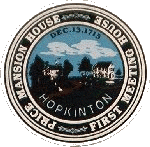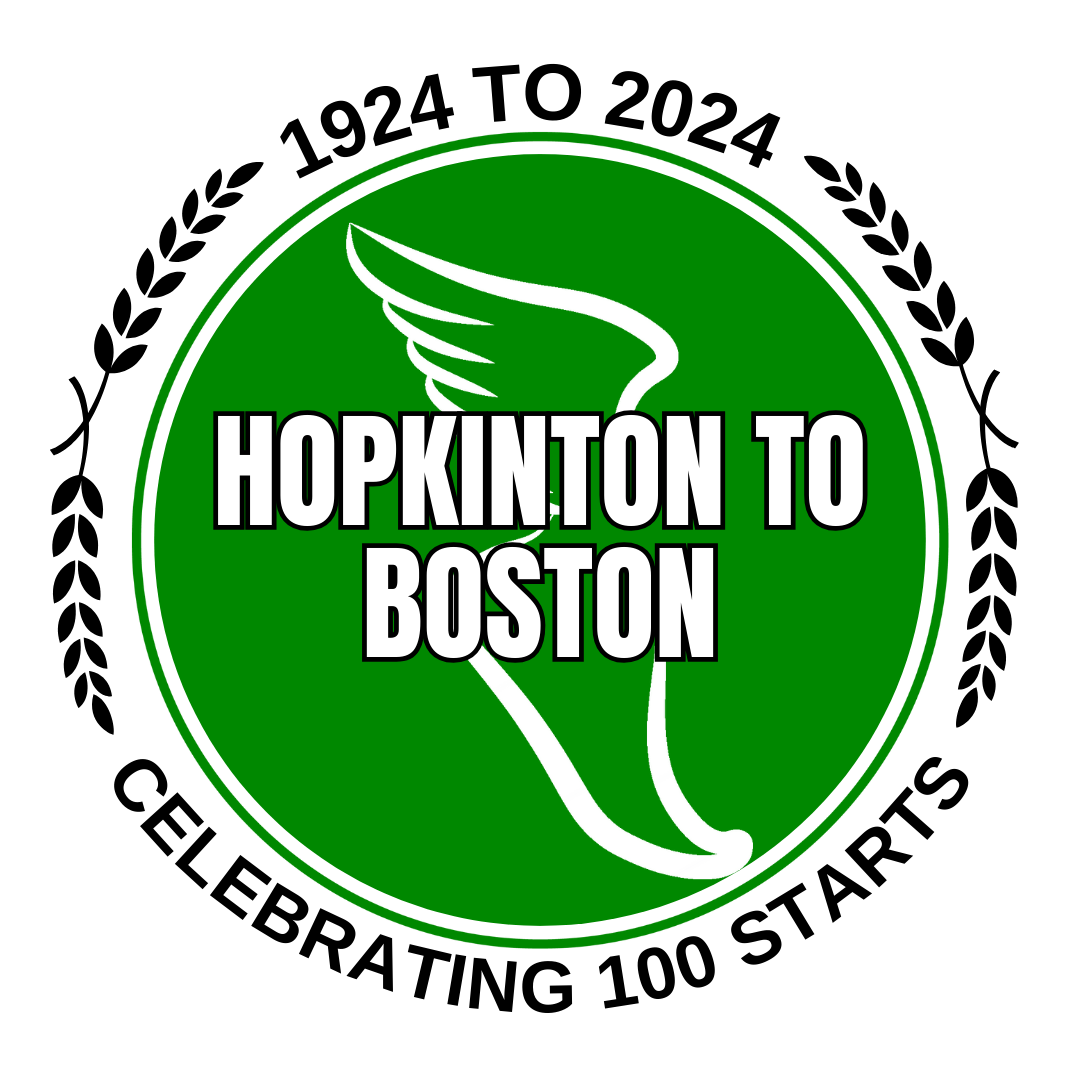
The Hopkinton Health Department completed a review of the most recently published research on the viability of COVID-19 on metal surfaces, water fountains, bubblers, water spigots and garden/cleaning faucets. For this document, research from the CDC, World Health Organization, Columbia University and NIH is provided.
Summary of Research:
The following items were sourced from the web-sites of the agencies listed above:
There is no evidence showing anyone has gotten COVID-19 through drinking water, recreational water, or wastewater. The risk of COVID-19 transmission through water is expected to be low.
Transmission of SARS-CoV-2 to persons from surfaces contaminated with the virus has not been documented. Transmission of coronavirus in general occurs much more commonly through respiratory droplets than through fomites. Current evidence suggests that SARS-CoV-2 may remain viable for hours to days on surfaces made from a variety of materials. Cleaning of visibly dirty surfaces followed by disinfection is a best practice measure for prevention of COVID-19 and other viral respiratory illnesses in community settings.
Drinking fountains should be cleaned and sanitized, but encourage citizens to bring their own water to minimize use and touching of water fountains.
“We don’t have any data about how long the virus remains infectious on water fountains,” says Angela Rasmussen, a virologist with the Center for Infection and Immunity at Columbia University. “But, given their proximity to other people’s mouths and noses, I would say you should not.”
Facts and Expectations
● It is unreasonalble to believe that the public will have washed and /or sanitized their hands before using any publicly accessible water fountain or bubbler. Given the proximity of people’s mouths and noses to the fountain components, it is also unreasonable to believe that the near mouth and nose surfaces of the water fountain or bubbler could be contaminated with COVID-19.
● It is unrealistic to believe that the municipality can clean and disinfect any publicly accessible water fountain or bubbler between each use.
● The public may have the expectation that an open water fountain or bubbler may have been cleaned or sanitized with proper or acceptable frequency.
● The public may not have the same expectation for a standard garden-type spigot, typically located out of doors, within a restroom or custodial area.
● There is a reasonable expectation that after using a standard garden-type spigot, typically located out of doors, within a restroom or custodial area, that the user will wash and/or sanitize their hands after use.
Policy
As such, the Health Department recommends that all publicly accessible water fountains and bubblers be turned off to reduce the risk for COVID-19 spread. The Health Department recommends that publicly accessible water spigots at the playing fields, beach and cemeteries be turned on and accessible. Signage stating “the faucet is not cleaned and the water is not for potable use” should be posted at or near the spigot.
Please feel free to contact the Health Department with any questions and concerns related to this policy.
Sincerely,
Shaun McAuliffe Health Director Town of Hopkinton















